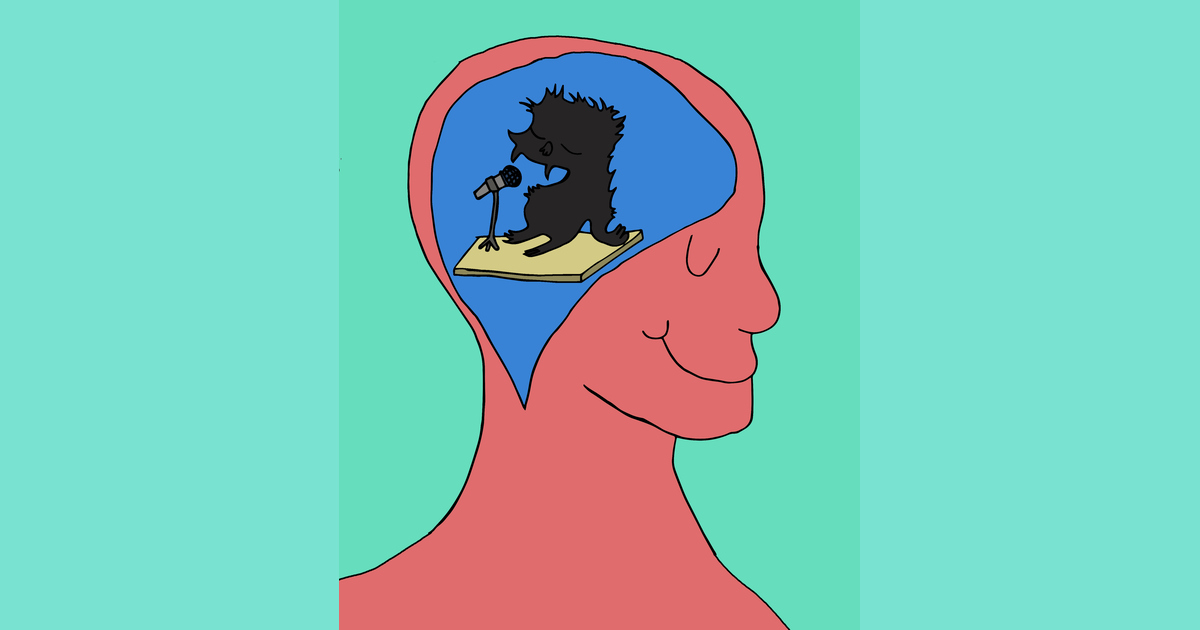A viral TikTok claim suggesting that having a song stuck in head, known as an “earworm,” is a symptom of ADHD has sparked a lively debate among internet users and experts. What do you think?
Debunking the Myth: Is a Song Stuck In Head Really an ADHD Symptom?
The TikToker, @himroids, relayed a story where a friend claimed that medication helped her get rid of earworms, leading him to investigate a potential connection between earworms and ADHD. Hundreds of commenters shared their experiences with chronic song loops, some surprised that it might not be “normal.”
Medical professionals, however, have flatly refuted the notion that earworms are a symptom of ADHD. Dr. Stuart Fischer, a New York City physician, dismissed the claim, emphasizing that no disease solely causes repetitive song loops. He explained that getting a catchy tune stuck in one’s head is a common experience and not indicative of a mental illness.
Dr. Fischer further clarified that ADHD symptoms, including inattention, hyperactivity, and impulsivity, manifest in various aspects of a person’s life, extending beyond earworms. ADHD is a complex condition that involves repetitive physical behaviors and vocabulary but is not solely defined by the occurrence of earworms.
Dr. Roberto Olivardia, a clinical psychologist at Harvard Medical School, highlighted that while earworms themselves may not be a symptom of ADHD, they can be more distressing to individuals with certain disorders like OCD. Those with OCD might experience anxiety or a moral responsibility to recall the song. They may feel compelled to listen to the entire song to alleviate the distress.
To address the phenomenon of earworms, research has suggested techniques like listening to a “cure tune” or engaging in distractions. The use of songs like “Happy Birthday” or “Karma Chameleon” as cure tunes has been explored in studies. Additionally, distractions or chewing gum have been proposed as methods to alleviate earworms.
The viral TikTok claim is emblematic of the broader trend of self-diagnoses on social media platforms, including TikTok.
Despite expert advice urging users to consult with medical professionals for proper diagnoses, individuals often turn to the internet to validate their behaviors and ideas. Dr. Fischer emphasized that this trend can lead to unconventional and erroneous self-diagnoses.
In summary, the debate sparked by the viral TikTok claim linking earworms to ADHD has garnered attention, with experts firmly dismissing the connection.
While earworms are a common experience, they are not a standalone symptom of ADHD, which encompasses a range of behaviors and characteristics. The incident also highlights the prevalence of self-diagnosis on social media platforms, raising concerns among medical professionals about the accuracy of such claims.








Leave a Reply
You must be logged in to post a comment.